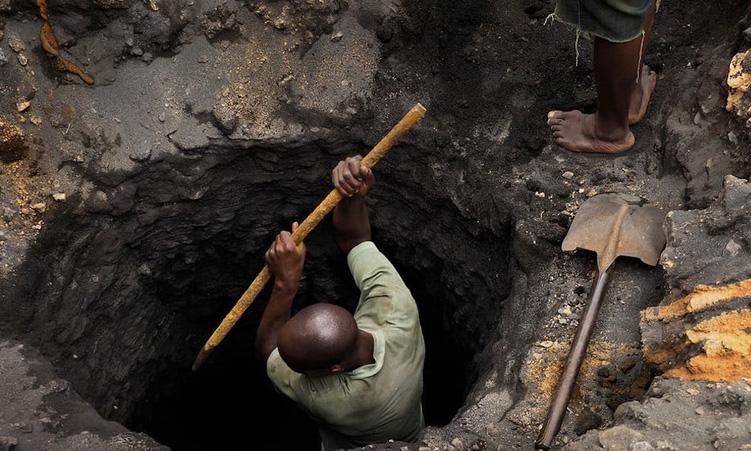COMPLAINTS about the unreliability of TransNamib trains and the increasing number of accidents reported at railway crossings will hopefully be a thing of the past, given the parastatal’s signing of a communications systems agreement with Samsung.
The agreement, signed on Friday, will see TransNamib replacing its old analogue track system with a more up-to-date digital system developed by the South Korean electronics giant. During the signing ceremony, TransNamib CEO Titus Haimbili said the company expected a greater demand for freight and passenger services as fuel prices continue to rise.This made the improvement of TransNamib services imperative, he said.By going digital, he said, the company was assured of many benefits, including reduced maintenance costs and preventing train drivers from exceeding speed restrictions.Other benefits of a digital system are that the need for rail maintenance could be predicted by simply using onboard equipment to detect changes in the rail, and accurate information on the location and speed of the locomotives could be provided on the system.”In order for trains to be able to run according to schedule the railway system must be able to meet the challenges of constant disruptions effectively.Delayed or cancelled trains are detrimental to the effective service delivery of any railway operator,” Haimbili stressed.During the signing ceremony, TransNamib CEO Titus Haimbili said the company expected a greater demand for freight and passenger services as fuel prices continue to rise.This made the improvement of TransNamib services imperative, he said.By going digital, he said, the company was assured of many benefits, including reduced maintenance costs and preventing train drivers from exceeding speed restrictions.Other benefits of a digital system are that the need for rail maintenance could be predicted by simply using onboard equipment to detect changes in the rail, and accurate information on the location and speed of the locomotives could be provided on the system.”In order for trains to be able to run according to schedule the railway system must be able to meet the challenges of constant disruptions effectively.Delayed or cancelled trains are detrimental to the effective service delivery of any railway operator,” Haimbili stressed.
Stay informed with The Namibian – your source for credible journalism. Get in-depth reporting and opinions for
only N$85 a month. Invest in journalism, invest in democracy –
Subscribe Now!










